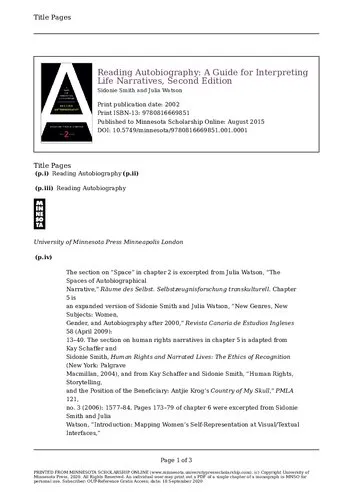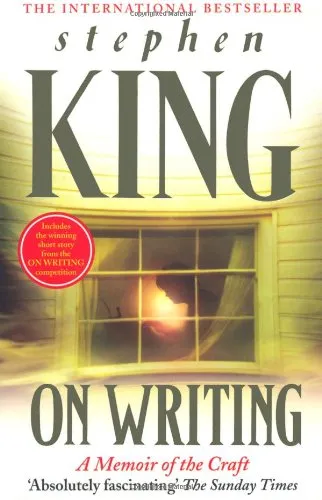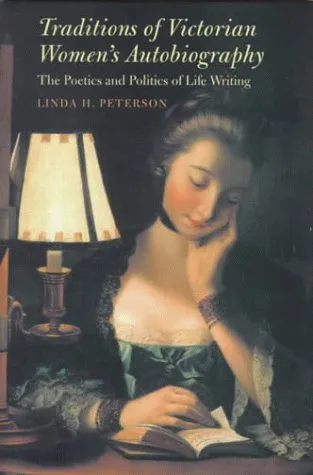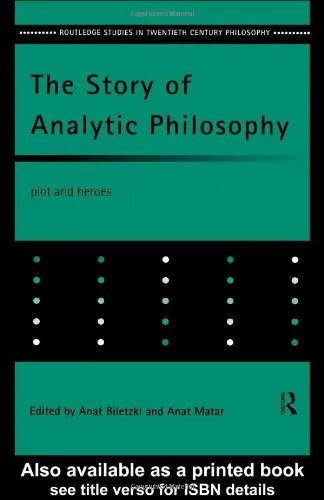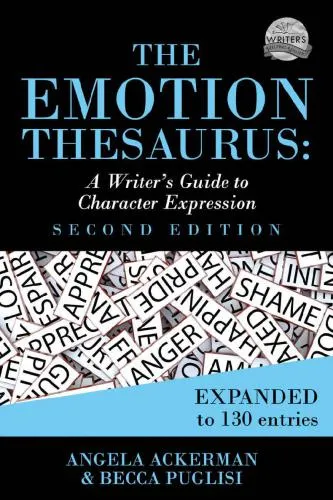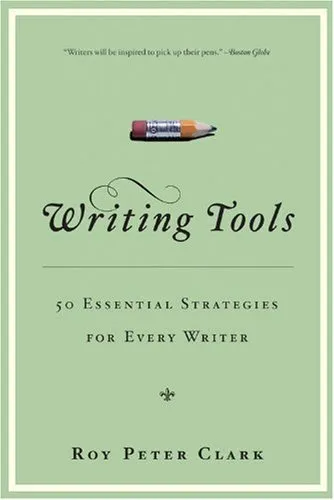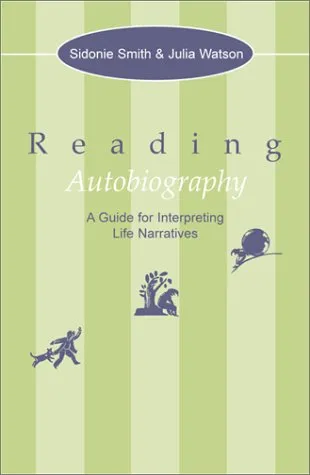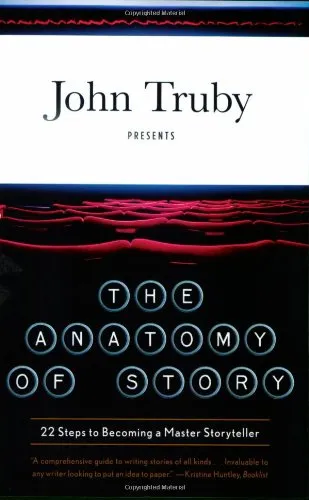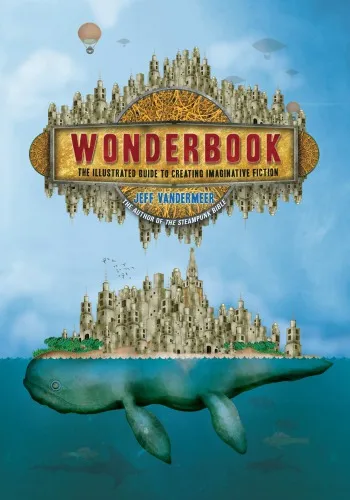Reading Autobiography: A Guide for Interpreting Life Narratives, Second Edition
4.5
Reviews from our users

You Can Ask your questions from this book's AI after Login
Each download or ask from book AI costs 2 points. To earn more free points, please visit the Points Guide Page and complete some valuable actions.Related Refrences:
Introduction to 'Reading Autobiography: A Guide for Interpreting Life Narratives, Second Edition'
In the complex world of autobiographical studies, "Reading Autobiography: A Guide for Interpreting Life Narratives, Second Edition" by Sidonie Smith and Julia Watson stands as a comprehensive resource for scholars, students, and enthusiasts alike. This edition of the book delves into the multifaceted landscape of life narrative studies, encompassing a rich array of genres and cultural frameworks.
Detailed Summary of the Book
The book serves as an intricate map to navigating the diverse and nuanced terrain of autobiographical writing. By offering a systematic overview of the field, Smith and Watson guide readers through essential concepts and methodologies required for analyzing autobiographical texts. The authors argue persuasively that life narratives are not mere reflections of self, but rather complex constructs shaped by social, cultural, and historical forces.
The text provides a detailed framework for understanding the interplay between narrative identity and memory, highlighting how these elements weave the intricate tapestry of life stories. Featuring a variety of case studies, the book examines the impact of voice, agency, and the politics of representation in narrative construction. Each chapter is meticulously designed to break down important theoretical approaches, making them accessible to both novices and seasoned scholars in the field.
Key Takeaways
- Autobiography as a Construct: The book elucidates how autobiographies are crafted narratives, influenced by the writer's socio-cultural context rather than being straightforward accounts of life.
- Diversity of Genres: It broadens the reader's understanding by introducing various autobiographical forms, from personal anecdotes to complex hybrid genres.
- Intersectionality: Smith and Watson emphasize the significance of factors such as gender, race, and class in shaping narrative identities.
- Tools for Analysis: The book provides practical tools and questions for critically analyzing and interpreting autobiographical narratives.
- Cultural Contexts: Particular attention is given to how different cultures impact the creation and perception of life narratives.
Famous Quotes from the Book
“A life narrative is never a neutral act; it is always a performance that impinges upon reality by way of influencing others to see a life— perhaps a culture, a world— in certain ways.”
“Memory is as much about forgetting as it is about remembering. Autobiographical memory is shaped collaboratively, rather than by a single author.”
Why This Book Matters
"Reading Autobiography" is pivotal to life narrative scholarship for numerous reasons. First, it democratizes the interpretation of autobiographical texts by offering readers insights into the diversification of the genre across cultures and societies. By exploring the intersection of autobiography with critical paradigms like feminism, postcolonialism, and psychoanalysis, Smith and Watson provide a critical lens that is both contemporary and deeply analytical.
The second edition builds on its predecessor by updating readers on the latest scholarly advancements and debates occurring within the field. By doing so, the book remains an invaluable resource for understanding how technological and cultural shifts shape narrative practices. In our increasingly global and digital world, such insights become crucial for those seeking to understand the complexities of identity and representation in autobiographical storytelling.
In summary, Smith and Watson have crafted a seminal text that will enlighten readers about the complexities of interpreting life narratives, making it an essential read for anyone with a vested interest in literary studies, cultural criticism, or the social sciences. This guide not only enriches our understanding of what it means to recount a life story but also challenges us to reconsider previously held notions about the self and society's role in shaping personal narratives.
Free Direct Download
You Can Download this book after Login
Accessing books through legal platforms and public libraries not only supports the rights of authors and publishers but also contributes to the sustainability of reading culture. Before downloading, please take a moment to consider these options.
Find this book on other platforms:
WorldCat helps you find books in libraries worldwide.
See ratings, reviews, and discussions on Goodreads.
Find and buy rare or used books on AbeBooks.
1565
بازدید4.5
امتیاز0
نظر98%
رضایتReviews:
4.5
Based on 0 users review
Questions & Answers
Ask questions about this book or help others by answering
No questions yet. Be the first to ask!
